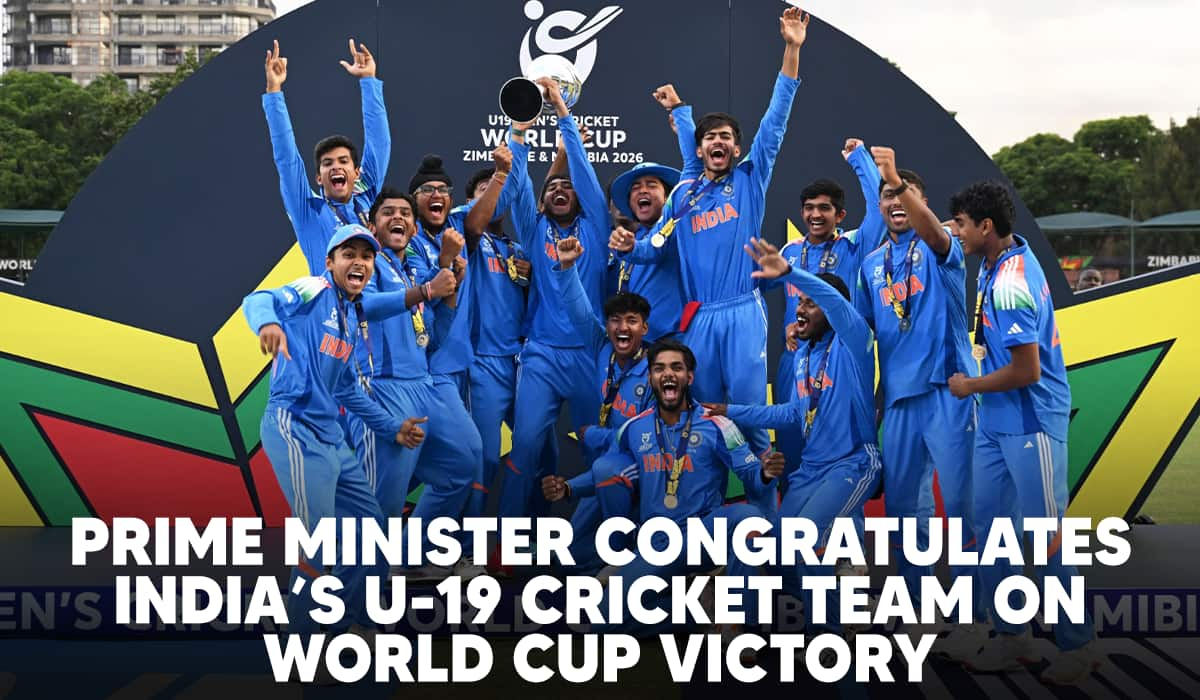by Nitasha Nair
Somewhere in the middle of the ocean, a fishing trawler suddenly erupts with shouts about a big catch. A hurried phone call to the forest department soon follows and a rescue team comprising forest officials rush to the spot. Everyone laboriously tries to free the mammoth fish trapped in a fisherman's net, and the early morning drama ends with whoops of joy as the rescue team watches the Whale Shark swim away into the vast expanse of the sea unharmed.

This incident illustrates one of many whale shark rescues carried out on the western coast of India. Whale sharks once brutally hunted across the shores of Gujarat, now are revered and protected by the local community and fishermen. The credit for this sea change in the attitude goes to the whale shark conservation campaign. This widely acclaimed campaign spread awareness about the plight of the species and its protected status in Gujarat and helped convert fishermen into guardians of the fish.
Due to the high value of its meat, hunting of the whale shark was an important fishing activity in the Saurashtra coast and hundreds were killed annually. The demand was high not only for the fish meat but also for the valuable oil extracted from its fins and liver which was used for waterproofing boats. However, the scenario improved in 2001, when Whale Shark became the first fish species to be listed under Schedule I of the Wildlife (Protection) Act 1972, classifying it as a species that has to be accorded the highest level of protection in the country. But simply listing the whale shark in the protection act was not enough to bring changes on the ground as fishermen stood to lose substantial sum of money, with one whale shark sometimes fetching over 1 lakh.
The solution came in the form of a collaborative effort taken by the Gujarat Forest Department, Wildlife Trust of India, International Fund for Animal Welfare, Tata Chemical ltd, local NGOs and individual nature lovers, leading to a campaign to protect whale sharks in the state.
The campaign not only generated awareness about the ban on killing whale sharks but also stood out due to its emotional appeal to the fishing community. The whale sharks were compared to daughters returning home to give birth, a strategy which worked effectively. In addition, the forest department enlisted the assistance of a spiritual leader to spread the message to local communities. The campaign convinced the fishermen that it is their duty to take care of the whale shark as their own daughters. The government also provided fishermen upto 25,000 as compensation for losses incurred due to nets getting damaged during rescue. The response to the campaign was overwhelming and the hunters soon became protectors.
The success of the campaign is reflected in numbers, till June 2012, about 286 Whale Sharks have been successfully rescued and total compensation of about 48 lakhs has been paid to fishermen. Due to the campaign, today the Whale Shark is a loved entity and people call it Vhali- the dear one.
Every year, a day is dedicated to the Whale Shark. 'Save the Whale Shark' festival is also organised to spread awareness amongst people, especially the fishing community. Many innovative steps have been taken to endear “Vhali” to the local community. The initiatives include launch of a special Whale Shark cover from the postal department of Gujarat in 2005, adoption of the Whale Shark as the official mascot by seven towns in Gujarat, Mangrol being the last to join the list. Lauding the project, H.S Singh, Additional Principal Chief Conservator of Forests (Social Forestry), Gujarat says “This is an instance of a unique effort where conservation is taken from land to deep sea water. What makes it successful is the total change in attitude of the coastal community, where they have started considering the whale shark as their own. Such a transformation is unheard of in other countries.”
The forest department has not restricted itself to mere conservation efforts. Research on Whale Sharks is also an agenda among their initiatives. Aradhana Sahu, District Conservator of Forests, Junagarh, elaborates “Very little scientific knowledge is available currently on whale sharks in India. We are trying to understand their migration patterns, population, ecology and other behaviour which will help us in long term conservation of the species.”
With a slew of projects under pipeline like satellite tagging, photo identification, genetic analysis and Whale Shark tourism, the future looks secure for the Whale Shark.
Whale shark Fun facts
Whale sharks are the biggest fish in the ocean with an adult fish reaching lengths of around 12 metres or 40 feet. The sheer size of the whale shark has broken many records, including one of being the largest living non-mammalian vertebrate, beating many of the largest dinosaurs in weight. But despite its gigantic size, whale sharks are oceans gentle giants, who are filter feeders, with a diet primarily consisting of plankton, algae, krill and small sea creatures.
Preferring tropical and warm oceans, whale sharks live in the open sea with a lifespan of about 70 years. They migrate from the coast of Australia and Mexico to give birth in the warmth of the Arabian Sea along the coast of Saurashtra-verval, Dwarka, Diu and Mangrol.
The article is originally published at The GUJARAT, Magazine













